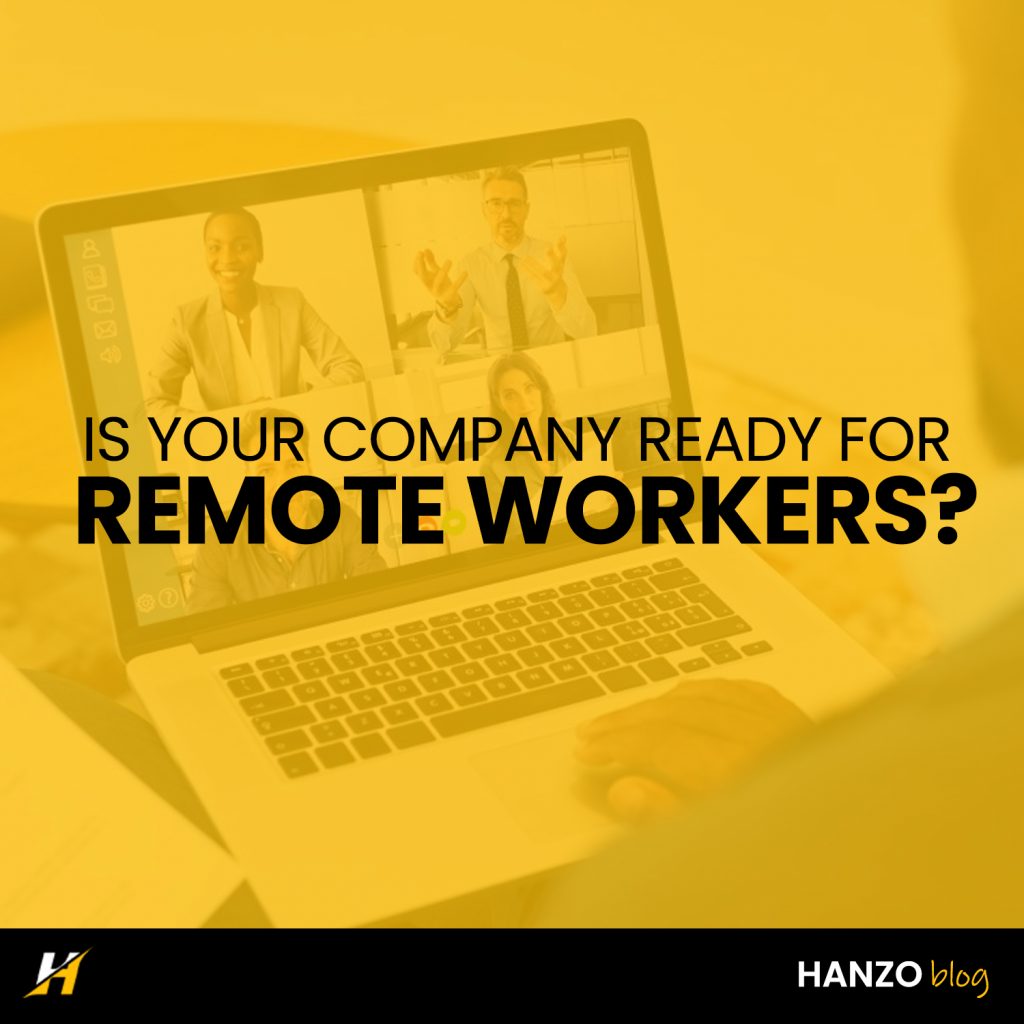Every company is different and has different needs. Some companies are looking for full-time employees, while others need help with a project or two. Remote workers can be the perfect solution to your staffing problem if you’re unsure what’s best for you and your business.
If you’re considering hiring remote workers, this article will walk through how to decide whether they will work well in your company. We have already covered some benefits of hiring remote workers in one of our other articles. You can go through that as well to make an informed decision about whether it makes sense to hire them for your business.
Consider Your Company’s Culture
There are many successful remote teams out here. 37% of employees say they would be willing to work remotely for their current employers if the option were available. Before you go and hire a bunch of freelancers or remote workers, consider whether a remote workforce would benefit your company’s culture. You ideally want to have some face-to-face interaction with your employees every day.
Otherwise, it can end up feeling like you don’t know who everyone is in the office, which is not suitable for fostering team cohesion. With today’s technologies and software like Microsoft Teams and Zoom, this is not a concern anymore. If your company supports an open culture of trust and autonomy, then hiring a remote worker would be an ideal option for you.
Determine Resources
Hiring remote workers may seem more straightforward because you don’t have to pay for their office space. Still, when working with freelancers or remote employees, you do have additional responsibilities as an employer.
Because they’re not sitting in the same room as your other employees, it’s up to you to ensure that they are being productive and working towards company goals. This means ensuring that you have a good process in place to communicate regularly with your remote team members and create clear guidelines regarding working hours and expectations.
Evaluate Work Environment
If you work with clients in the same office space as your employees, then working remotely would be difficult – at least in the beginning stages of hiring remote workers. You’ll need to consider where you will place your remote workers and whether or not they can access the information they need while away from their desks. If your business works with high-stakes clients, then it’s not likely the best idea for your company to start working remotely.
Assess Current Workload
If you have employees who are currently not working at 100% capacity or can be shifted around to fill a vacant position, it might make sense for your company to hire a remote employee. For example, if one of your sales staff leaves the company and his workload isn’t being picked up by the other salespeople, then hiring a remote worker may be beneficial as he’ll only be responsible for the tasks assigned to him and won’t take on extra responsibility unless given to him.
Full-Time or Part-Time
When you’re hiring remote workers, you need to decide whether or not they’ll be full-time employees or if they will be hired on a project-by-project basis. Suppose you want them for just specific projects. In that case, it’s vital that you find qualified candidates with different levels of expertise and flexibility in working on an as-needed basis. It could also make sense to hire someone part-time to be available when your business is busier – but have other individuals who work with the company throughout the year.



